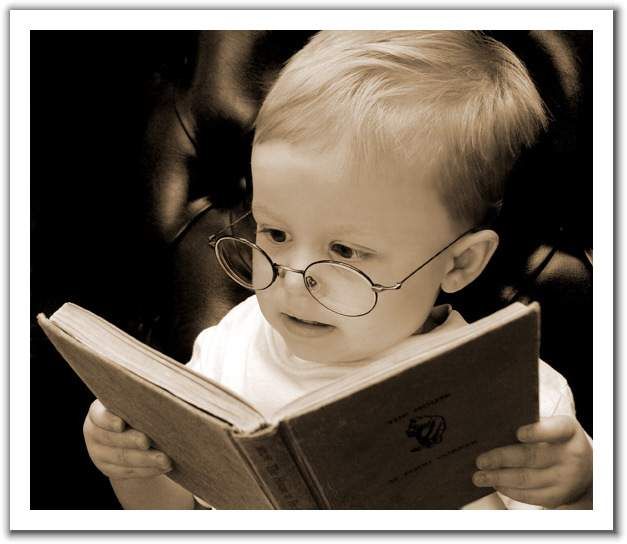The Day My Son Stopped Reading

Today, I want to tell you a story. It’s not a long one. It’s about how my child stopped reading… and started to enjoy books.
My now 7-year-old serious young man started recognising letters when he was no more than two years old, and he began putting letters together with sounds when he was four. I’m not saying this proudly (ok, maybe a little bit): we did nothing to encourage reading, and even tried to steer him towards other, more social activities. Both my partner and I were early readers and I had the particularly awkward experience of being put in charge of a room full of kindergarteners (my peers) for story time because I knew how to read (and the teacher apparently needed a break). This was long ago, in a galaxy far far away, but my son’s social skills are not his forte. He’s much less interested in people than his little sister, for instance. This worried me—i didn’t want my son to be excluded because he knew how to read.
Now, I’ve written quite a bit about books, and what they do and don’t do for child development. I’m very much in favour of books (being a bookwarm myself), but I’ve had my issues with the way they motivate children to read in the school system (not just in England, pretty much in the Western World). There’s also a post written in my head about how counter-productive it is, in my (research-backed) opinion, to teach kids to read when they’re four (that’s unique to the Great British School System. Imagine my enthusiasm). But that’s for another day.
When we got to the UK, my son started school. He was just under 5, and he soon took off in terms of reading skills. He can read like the wind. But I suspected he was reading rather technically.
My suspicions were confirmed when, one day, my son returned home from school with Roald Dahl’s “The Giraffe and The Pelly and Me”—a classic, to be sure. Now, in addition to his reading skills, my son’s memory is fairly impressive for his age. We often wonder whether we should warn the teachers that we, in fact, have a recording device in the classroom. There were several instances in which he repeated sentences teachers said to the class—in fact, full scenes that happened in class—verbatim. But he was half-way through the book and I asked him what happened so far and he told me he didn’t remember. I said that’s surprising, because he usually remembers everything. He got upset—clearly he was never challenged before when he said he couldn’t remember something. But I wasn’t about to give up: what’s the point of having perfect technique when you can’t extract the story?
So, I had him read to me aloud. I put a timer on and told him he only had to read 10 minutes aloud, but he had to start from the beginning of the book. He moaned and groaned, but eventually relented and started reading aloud. His technique is indeed beautiful. After the timer rang 10 minutes, we were well into the second chapter of the book. I told him that I have to help his sister with her homework as well, but that he could continue to read the book on his own if he wanted to. I took his sister to the kitchen so we won’t interrupt him, and he read through about half of the book by dinner-time. And he told me, enthusiastically and in great detail about what was happening in the book.
And that was the day my son stopped reading and started enjoying books. By the way, he’s finished the Roald Dahl’s books, the Wimpy Kid books, and Harry Potter is too scary (he stopped half way through the third). If you know a good book for a 7-year-old who reads like a 10-year-old, do drop me a line—I’m in the market for book recommendations.
